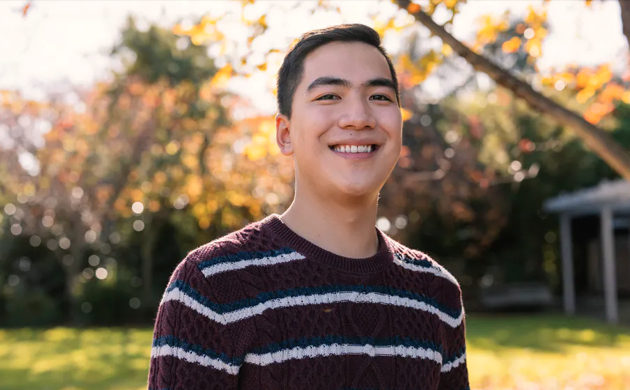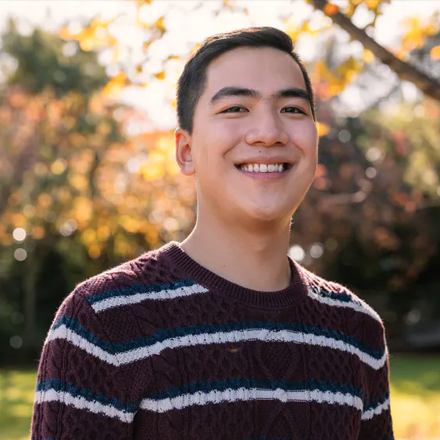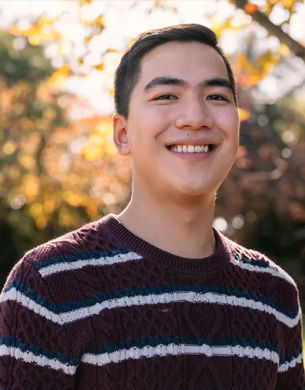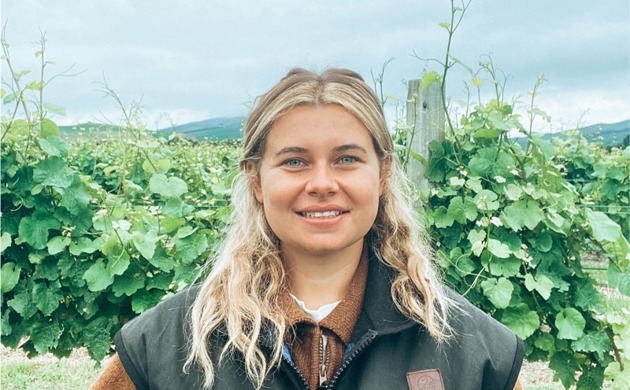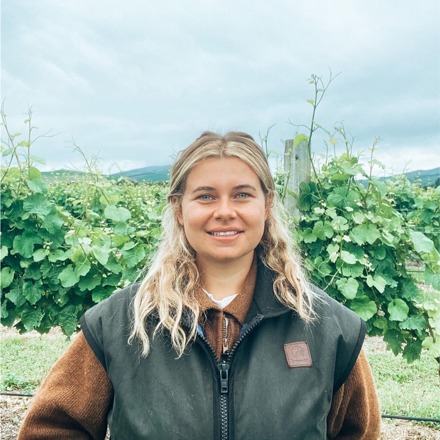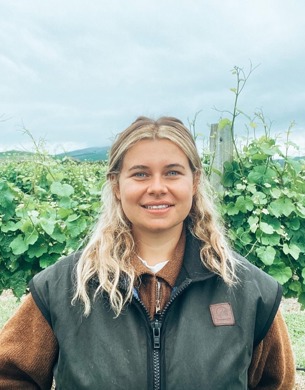
Originally a Cantabrian, Sarah hails from much further south than where she’s set up camp for almost three decades. She studied a post-graduate degree in viticulture and oenology at Lincoln University in 1995, then jumped the ditch and went to Australia for a couple of years until an opportunity arose in 1997 to take up a role with Montana in Gisborne, as a field officer.
The aim she says was to do five years, "but I married a local man and had a family…” Sarah describes why she loves Gisborne and why it’s managed to keep her in its clutches. “There’s so much diversity here; growers not only have vineyards but kiwifruit, apples, citrus, and farming.” She also has an affinity for the size of the place and the opportunity that brings with it. “The good thing about working in a smaller region is it opens up the door to being more cross-functional – it’s exciting and keeps the job interesting,” she adds. “Plus, it’s an incredible place to grow Chardonnay. I’d love to see more table wine Chardonnay come out of the region.”
"It’s an incredible place to grow Chardonnay. I’d love to see more table wine Chardonnay come out of the region.”
On viticulture, Sarah thrives off the variability of the job. “The challenge is how you react to the constraints of what each season throws at you; the joy is in its diversity.” While she has a self-professed “fetish for spreadsheets”, Sarah says she loves being out in the vineyard as well. “You have such a diverse work week which makes the job really enjoyable.”
Women in wine is a theme that the viticulturist has been alert to throughout her career, and one she’s seen evolve. When asked about her perception of women in the wine industry, “It’s chalk and cheese with 27 years ago,” she says. “It was rare to have females in the industry, and after I started, it took about a decade to have another female in the room at managers meetings. It’s been an incredible journey, especially being a woman,” she says.
Sarah commends the fact that now, viticulture education is more readily available through the likes of EIT and local polytechnics. “There’s been a huge push in that direction over the decades, and as a result there’s more women are giving it a go. You don’t have to be a male to drive a tractor.”
“Previously more women were undertaking winemaking when embarking on wine industry fields of study... but I think that whole thought process has changed."
“Previously more women were undertaking winemaking when embarking on wine industry fields of study – the volume in viticulture was limited in terms of women not seeing it as a career opportunity, but I think that whole thought process has changed. We’re seeing more female vineyard managers right across the group in senior roles. “The next generations are seeing that if they can do it, I can do it – which they can, absolutely.” In the same vein, “We need to get into the schools,” she adds. “It needs a more structured approach. This would entice more people into the field – talking to people who have seen what the industry looks like. We need to get the news out there that this is an incredible industry to be part of.”
“It was rare to have females in the industry, and after I started, it took about a decade to have another female in the room at managers meetings."
Sarah’s a big believer in giving back and helping to foster up and coming viticulturists. She’s been a mentor in the New Zealand Winegrowers Women in Wine Mentoring programme, of which she says “I thoroughly enjoyed that, I learnt a lot through that process.” She also currently has a junior under her wing. “It’s really rewarding. I had incredible mentors over time and I wanted to give back what the industry’s given me – an incredible career.”
What advice would she give to other women considering a career in wine? “Go for it – it’s the best. It’s fun to grow and you get the most rewarding finished product that you can share with family and friends.”





